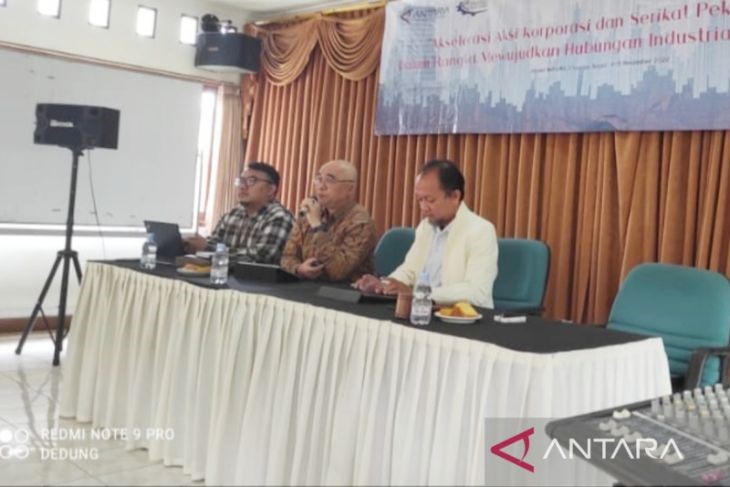Bogor, Cibinong – The National Health Care and Social Security Agency (BPJS Kesehatan) has stationed workers in hospitals to support patients who have concerns or are having difficulty accessing medical treatments under the BPJS plan.
“If patients have problems with their health services, they or their family members can meet with the BPJS’ Complaint Information Service (PIPP) personnel,” noted Ondrio Nas, Head of the BPJS Kesehatan-Cibinong Office.
On Saturday, Nas made the declaration in front of delegates at the ANTARA Trade Union’s (SP ANTARA) national working meeting in Cirasua, Bogor District, West Java Province.
According to Nas, PIPP workers assigned to each hospital must reply immediately to BPJS patients’ requests for information or seek resolution to their problems or complaints with hospital administration.
To that purpose, he stressed that BPJS patients must come to the BPJS-PIPP employees at the hospitals where they receive health care whenever they require information or assistance in resolving their difficulties.
In fact, BPJS Kesehatan is kept informed of such occurrences, since some patients are required by hospitals to purchase their own medications or pay for medicines or medical equipment used during their medical treatment.
In reaction to these situations, Nas stated that no partner hospital may require their BPJS patients to pay for anything linked to their health services, including doctor-prescribed medications.
The BPJS Kesehatan applauded hospital watchdogs, especially Jamkeswatch, which the Confederation of Indonesian Trade Unions (KSPI) established to defend BPJS patients from hospital maltreatment.
The BPJS Kesehatan is well-informed on some circumstances because of the hospital watchdogs’ credible information on BPJS patients, he said, adding that all drugs, both generic and patented, are paid for by BPJS.
“The drugs that become the obligation of the BPJS to pay (to hospitals) are not only restricted to generic ones, but also patented ones as long as they are prescribed or recommended by doctors,” he explained.
He asked residents to register as National Health Service (JKN) participants in order to ensure that all citizens receive proper health care from public health centers, clinics, and hospitals under the BPJS plan.
Those who register as independent JKN members must pay the excess payment on a monthly basis in order to access quality health treatments whenever they are required, he said.
To that aim, he invited stakeholders like Jamkeswatch to participate in a public awareness campaign about the need of being responsible JKN participants.
Source: Antara


